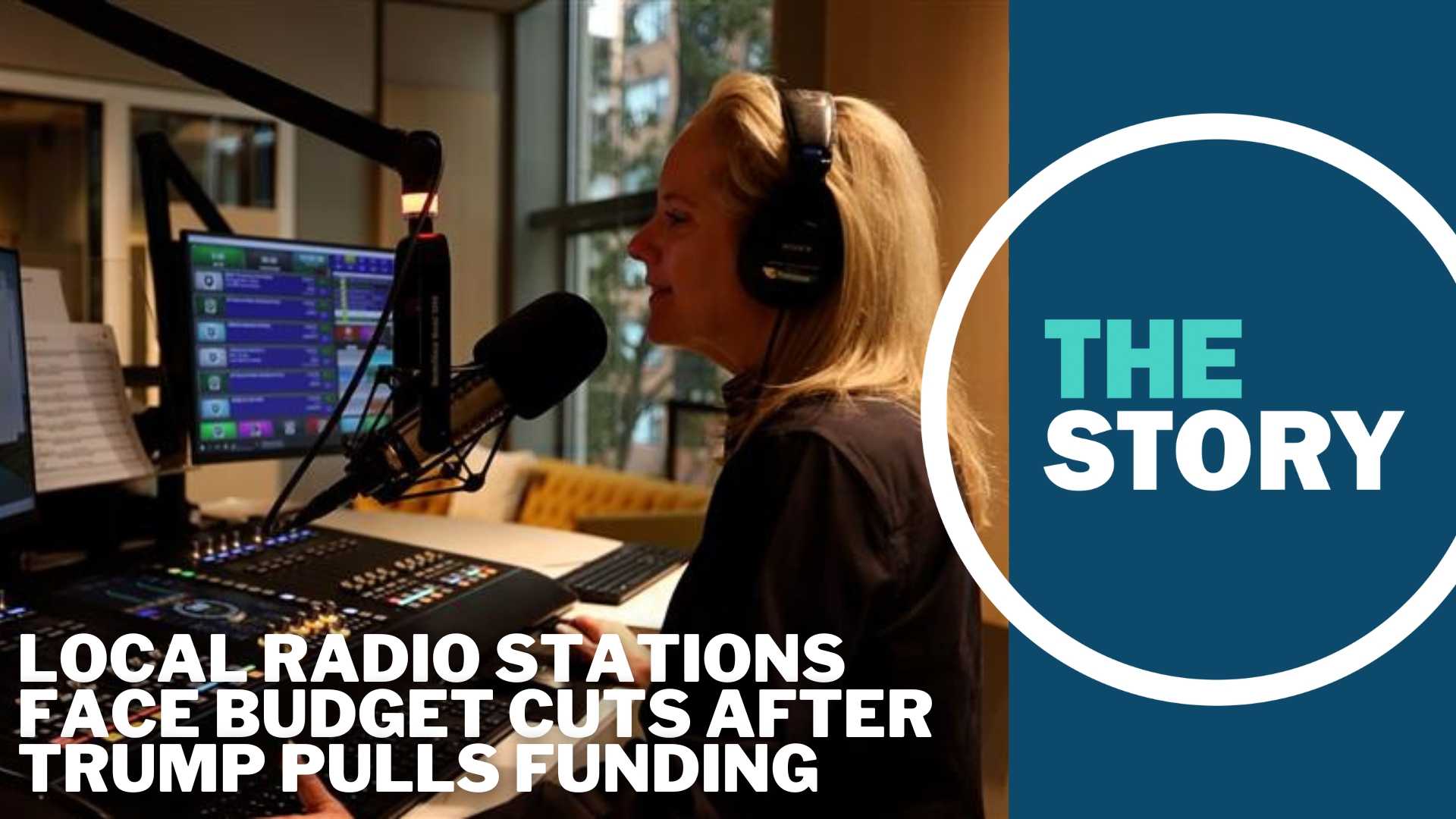Politics
House Approves Trump’s $9 Billion Cut to Public Broadcasting and Foreign Aid

WASHINGTON, D.C. — The House of Representatives approved President Donald Trump‘s request to cut approximately $9 billion from public broadcasting and foreign aid early Friday morning. The move has drawn mixed reactions from lawmakers.
The bill passed with a narrow margin of 216-213 and is the first time in decades that a president has successfully submitted a rescissions request to Congress. The White House indicated that this may not be the last of such requests.
House Speaker Mike Johnson, R-La., stated, “We need to get back to fiscal sanity and this is an important step.” However, some Republicans expressed discomfort with the cuts yet supported them to align with Trump’s agenda.
Opponents raised serious concerns about the impact of these cuts on public broadcasting and the precedent it sets for executive control over funding. Previously, rescission efforts included some bipartisan support, unlike this current Republican initiative.
The Washington vote followed the Senate’s approval of the package, which cut $1.1 billion for the Corporation for Public Broadcasting and nearly $8 billion for various foreign aid programs. These programs aim to assist nations facing crises like drought and disease.
Democrats criticized the cuts as harmful to America’s image on the global stage. “This is not an America first bill. It’s a China first bill because of the void that’s being created,” said House Minority Leader Hakeem Jeffries.
The cuts eliminate all funding the Corporation for Public Broadcasting was slated to receive over the next two budget years. With public broadcasting serving as key communication for local emergencies, concerns were raised by lawmakers from rural states.
Sen. Lisa Murkowski, R-Alaska, noted that local public stations play critical roles in disseminating urgent information, such as tsunami alerts following recent earthquakes. Although Sen. Mike Rounds of South Dakota secured a deal to fund Native American public radio stations, others doubt its sufficiency.
The foreign aid cuts also include substantial reductions in critical programs that provide assistance to refugees and disaster-stricken countries. Critics fear this will create a power vacuum filled by adversarial nations.
Looking forward, the bill raises questions about the future of bipartisan collaboration in federal spending, particularly as lawmakers prepare for upcoming budget discussions.
As of now, the bill awaits Trump’s signature to be enacted.












